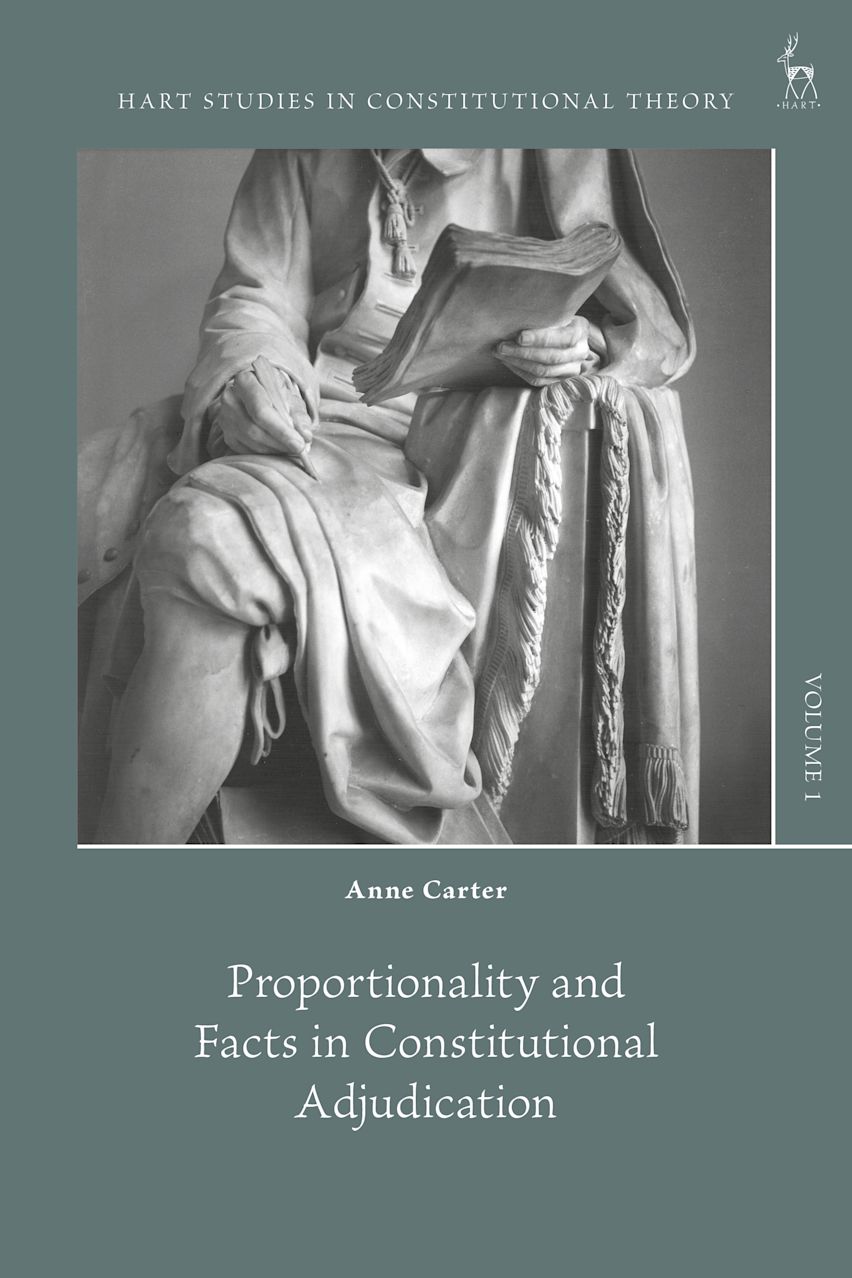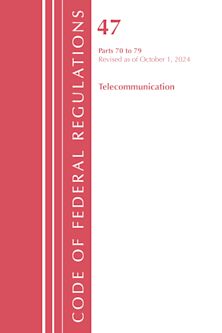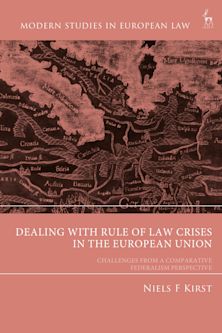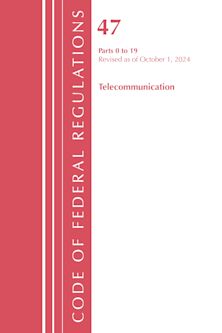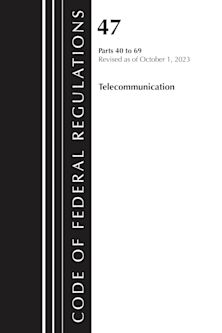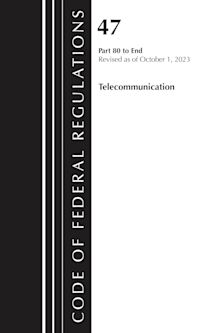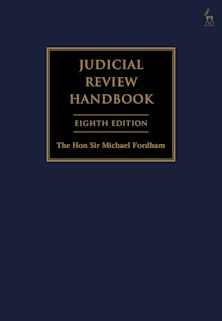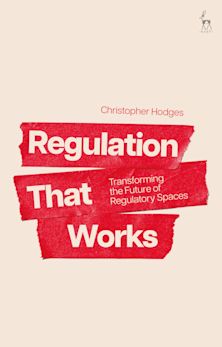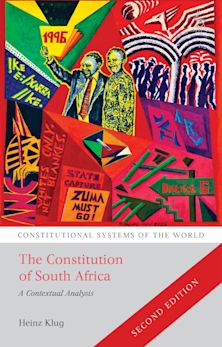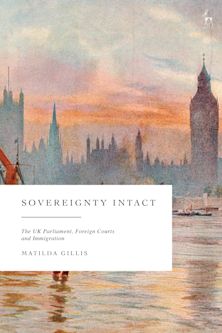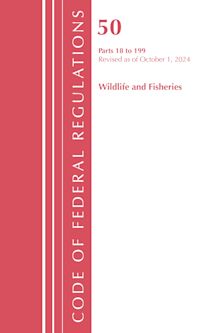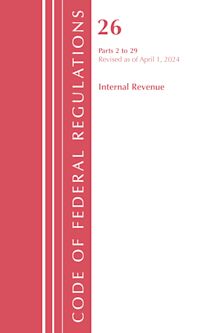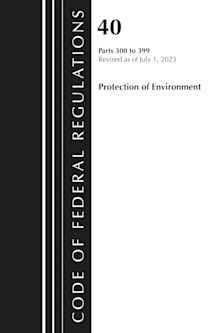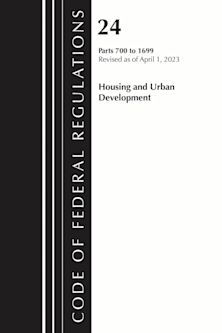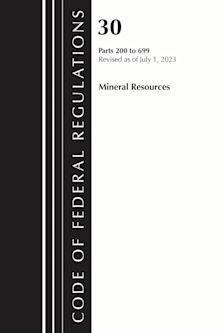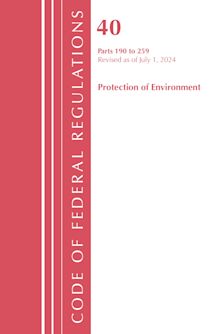Proportionality and Facts in Constitutional Adjudication
Proportionality and Facts in Constitutional Adjudication
Description
This book considers the relationship between proportionality and facts in constitutional adjudication. Analysing where facts arise within each of the three stages of the structured proportionality test – suitability, necessity, and balancing – it considers the nature of these 'facts' vis-à-vis the facts that arise in the course of ordinary litigation.
The book's central focus is on how proportionality has been applied by courts in practice, and it draws on the comparative experience of four jurisdictions across a range of legal systems. The central case study of the book is Australia, where the embryonic and contested nature of proportionality means it provides an illuminating study of how facts can inform the framing of constitutional tests. The rich proportionality jurisprudence from Germany, Canada, and South Africa is used to contextualise the approach of the High Court of Australia and to identify future directions for proportionality in Australia, at a time when the doctrine is in its formative stages.
The book has three broad aims:
First, it considers the role of facts within proportionality reasoning.
Second, it offers procedural insights into fact-finding in constitutional litigation.
Third, the book's analysis of the dynamic Australian case-law on proportionality means it also serves to clarify the nature and status of proportionality in Australia at a critical moment. Since the 2015 decision of McCloy v New South Wales, where four justices supported the introduction of a structured three-part test of proportionality, the Court has continued to disagree about the utility of such a test. These developments mean that this book, with its doctrinal and comparative approach, is particularly timely.
Table of Contents
I. Proportionality and Facts
A. What is Proportionality?
B. Proportionality in Australia
C. Why Facts Matter
II. The Aim and Scope of this Book
III. Methodology and Comparative Context
A. Choice of Comparators
B. The Australian Constitutional Framework
C. The Comparative Context
IV. The Structure of the Book
2. The Fact-Dependent Nature of Proportionality
I. Proportionality: A Structured Approach
A. Legitimate Aim
B. Suitability
C. Necessity
D. Balancing
II. The Nature of Proportionality Reasoning
A. Types of Decisions Involved in Assessing Proportionality
B. Factual Elements in Proportionality
III. Conclusion: Proportionality and Facts
3. Understanding Facts
I. What are Facts?
II. Classifying Facts
A. Kenneth Culp Davis and the Distinction between Adjudicative Facts and Legislative Facts
B. 'Legislative Facts' and their Alternatives
C. Evaluating the Categories
III. Facts and Proportionality
A. The Suitability Stage: Purpose and Rational Connection
B. The Necessity Stage: Predictions and Counterfactuals
C. Balancing and Facts
IV. Conclusion
4. Proportionality and Facts in Comparative Perspective
I. Proportionality Compared
II. Recognising Facts?
A. The Relevance of Facts
B. Differentiating Facts: The Various Stages of Proportionality Analysis
III. Finding Facts?
A. Informing the Court
B. Deference to the Legislature
IV. Conclusion
5. Proportionality in Australian Constitutional Law
I. The Australian Adoption of Proportionality
II. The Development of Proportionality
A. The Development of Different Tests
B. 'Appropriate and Adapted' versus 'Proportionality'?
C. McCloy and the Advent of Structured Proportionality
III. Evaluating Proportionality
A. Balancing
B. Levels of Scrutiny
IV. Conclusion
6. The Factual Basis of Proportionality in Australia
I. Recognising Facts
II. Facts and the Framing of Constitutional Tests
A. Reasonably Capable of Being Considered Appropriate and Adapted
B. Reasonably Appropriate and Adapted
C. Reasonably Necessary
D. Structured Proportionality
III. The Correlation between Proportionality and Facts?
IV. Conclusion
7. Procedural Implications
I. The High Court's Existing Approach: Limitations and Unresolved Issues
A. High Court Procedures and their Limitations
B. Unresolved Issues
II. Recognising Facts: Implications for Procedure
A. The Suitability Stage
B. The Necessity and Balancing Stages
III. Changing Facts and the Problem of Precedent
IV. Conclusion
8. Conclusion: Why Facts Matter
Product details
| Published | Jan 27 2022 |
|---|---|
| Format | Ebook (PDF) |
| Edition | 1st |
| Extent | 272 |
| ISBN | 9781509937004 |
| Imprint | Hart Publishing |
| Series | Hart Studies in Constitutional Theory |
| Publisher | Bloomsbury Publishing |
Reviews

ONLINE RESOURCES
Bloomsbury Collections
This book is available on Bloomsbury Collections where your library has access.











